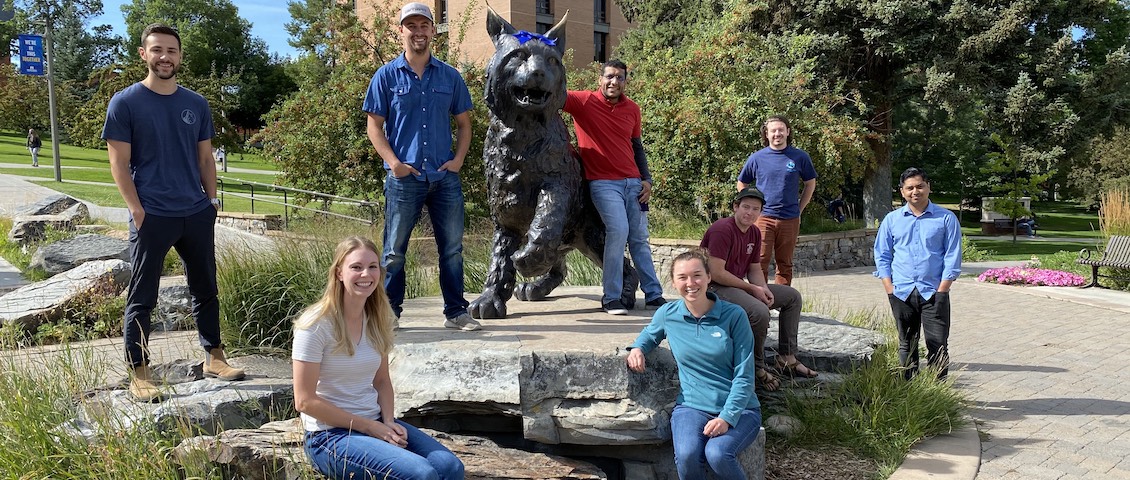Graduate Programs
Through coursework and collaborative research with faculty, the Master of Science in Applied Economics Program develops students’ understanding of economic theory tools and quantitative and econometric data analysis applied to a broad range of economic issues. The program culminates with an intensive research thesis addressing an important economic issue.
Which Program Is Right for Me?
The Department of Agricultural Economics & Economics offers two graduate programs: the Graduate Certificate in Applied Economic Analysis and the Master of Science in Applied Economics. Although the two programs share some similarities, each is geared towards students with different situations and goals. Continue reading to discover which program is right for you.
The Graduate Certificate in Applied Economic Analysis
- Current advanced MSU undergraduates who want to add graduate level skills while simultaneously completing their undergraduate degree
- Professionals and MSU employees interested in graduate level economics courses, without the full commitment of a thesis-based master's program. A certificate provides a clearer market signal than simply enrolling as a non-degree seeking student.
- Graduate students in other quantitative fieldsat MSU who would like to add economics or econometric analysis to their analytic toolkit.
The M.S. in Applied Economics
- Recent college graduates who want to increase their market value. Strong quantitative skills are highly valued in almost every industry. Undergo rigorous coursework to land a high-paying job as an analyst or data scientist.
- Those looking for a funded graduate program. Unlike many master’s programs, the M.S. in Applied Economics at Montana State offers funding to most accepted applicants. Although the stipend amount varies from year-to-year, it is commensurate with the cost of living. 70% of tuition costs are waived.
- Those who aspire to an economics PhD. If you aim to eventually earn a PhD, this program will increase your chances of getting into a highly ranked school. First-year coursework helps bridge the gap between the undergraduate level and highly technical PhD coursework. The second year, students gain research experience by writing a thesis of publishable quality. During both years, students build relationships with faculty members who can effectively communicate academic strengths in letters of recommendation.
FAQs
Helpful Contacts

Zoica Miesen
Business Operations Manager
payroll, personnel, keys, office logistics, tuition waivers, general information

Kellie Christensen
Student Success Coordinator
documentation required for the Graduate School and Registrar’s Office, registration




